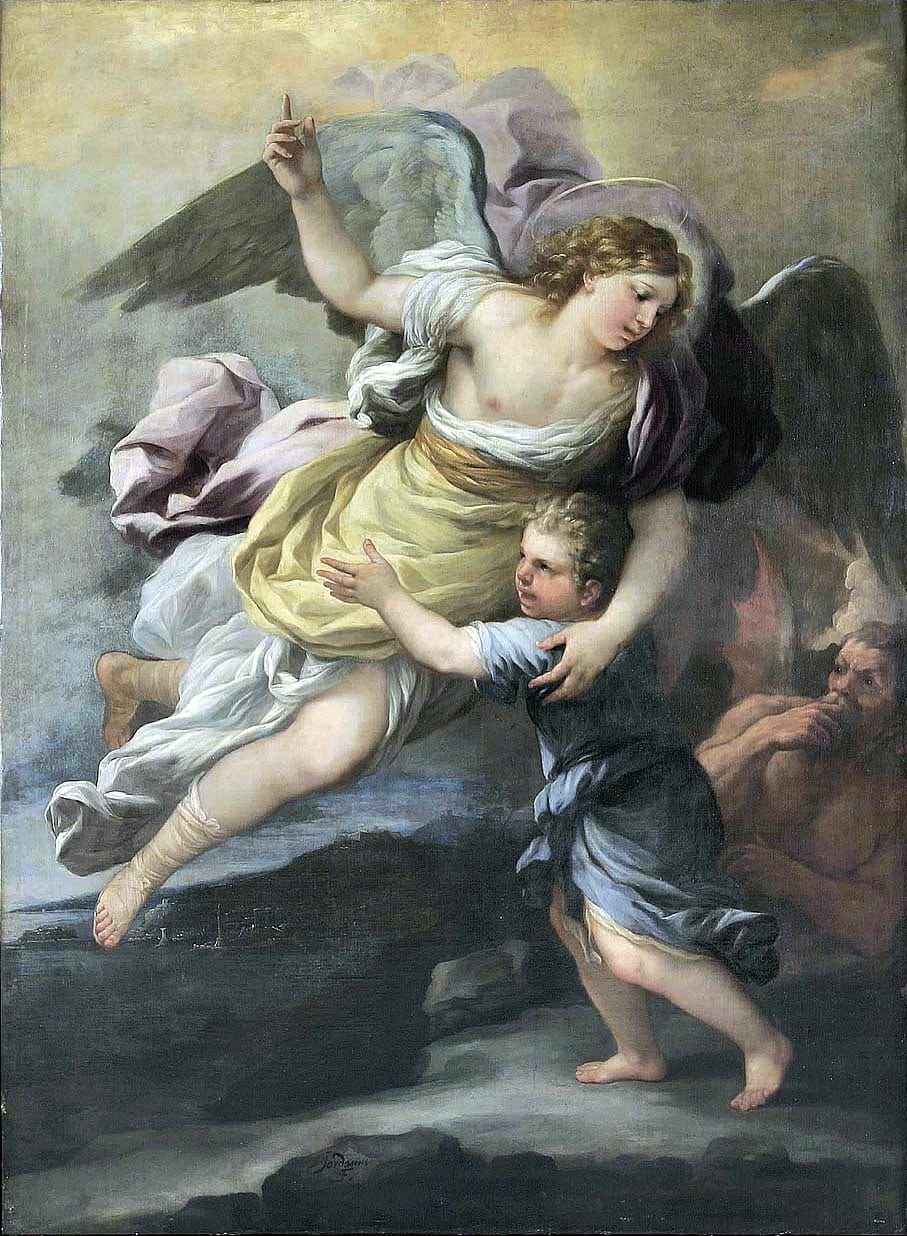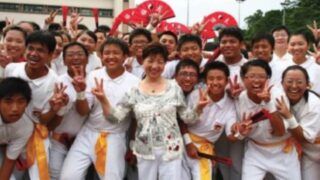Charity is chiefly a cultural act, thus inherently educational. When its persecutors are forgotten, Tai Ji Men’s constant education to a culture of charity will remain.
by Marco Respinti*
*Conclusions of the webinar “Tai Ji Men: A Message of Charity, Conscience, and Human Rights,” co-organized by CESNUR and Human Rights Without Frontiers on September 4, 2023, on the eve of the United Nations International Day of Charity.


Charity is the mark of human nature. It is so because charity is love made flesh. It is the reification (a word indicating the act of making the abstract real) of the deep affection that unites all humans. It is in fact not enough to proclaim love, if human beings do not make it touchable. It is not enough to say we love others, if we do not render our love a visible act. All testimonies given by Tai Ji Men dizi, or disciples, strengthened this concept through concrete examples from their lives, experiences, and sufferings—i.e., they made the idea of love real.
Since it is love made concrete, charity is coeval to the affection that binds together human beings. As humans are made of both flesh and spirit, the sentiment of love and its reification in charity are intrinsically united. They have always been together since the beginning of humanity.
In the Bible (Genesis 1:9), God “asked Cain: ‘Where is your brother Abel?’” Cain, who had assassinated his sibling, and now felt both shame and wrath, arrogantly “answered, ‘I do not know. Am I my brother’s keeper?’” Where is the mistake, or the sin, in this answer by Cain? In carelessness. Of course he was the keeper of his brother, as all human beings are guardians of other fellow humans. Being the keeper of somebody else does not in fact mean stripping others of their liberty and right to self-determination. It means to be always there, if and when needed—spiritually and, when possible, also materially.
“Guardian,” of which “keeper” as used in the Bible is a synonym, is a high word in our human vocabulary. Different spiritual schools employ the word “guardian” for pointing at a specific quality of no lesser beings than angels. Several religious traditions believe in guardian angels. They postulate that guardian angels constantly watch over all human beings. All human beings have their own personal guardian angel, assigned to them by God at their conception. Humans can pray and summon guardian angels, make requests to them, talk to them. Guardian angels are powerful. But their supreme power is not the prompt 911-like intervention upon receiving a call, on duty 24/7, like Batman when he spots the bat sign Gotham City has put in the sky begging for help. Guardian angels’ insuperable and incomparable strength is their capacity of always being present—constantly, silently, even if most of the time ignored by the very human beings they guard. Theirs is perseverance at its fullest, and this is a quality the guardian angels derive from God.


Charity is then the perseverance of love made visible, tangible, and real. It is not being able to solve all problems like a super-hero. It is the attitude and disposition of the heart to be there, to always be there, even if unseen.
Charity, being the practical aspect of love, needs to get at least something materially done, but this is not its core. All the charity in the world would become mere frenzied activism, if it was depleted from the basic ability of staying close, listening, sharing the joys and sorrows of other human beings. Charity is the attitude of those who guard their sisters and brothers. It revolves entirely around sharing.
I think I have now reached a point that can be summarized as follows. If love is detached from charity, it becomes the mere feeling of the do-gooder that ends up in thin air. On the other hand, when one claims to “do charity” to others without taking into serious consideration their human soul, only a mechanical assistance is performed. At the end of the day, though somewhat helped materially, human beings are left spiritually unsatisfied. We just need to observe doctors and nurses in a hospital. They may coldly perform their duty—or they may genuinely care for patients. Medically, the result may be the same, but at a deeper level the final intimate satisfaction of their patients would be very much different.
If all this is true, charity as love made real is a spiritual feature, but it immediately has a cultural connotation. It builds a civilization of love by reciprocally educating human beings to be guardians of one another. I just used a beautiful but inflated expression: “civilization of love.” It is so often used that it is becoming abused. Still, it is fundamental to use it—in its true sense. I just called it a beautiful expression. It is in fact beautiful because it conveys the meaning of an edifice that human beings are called to build day by day, step by step, one by one, and at the same time all together. It combines individual efforts and sociability. It is in fact about sharing. And it is about sharing through and with love toward a noble end, that of granting human beings a decent environment where they can live in peace. I think this goes directly to the heart of the teaching of Tai Ji Men’s Shifu, or Grand Master, Dr. Hong Tao-Tze, as I have learned to understand in these years.
Charity is chiefly a cultural act, and as all cultural acts are educational, charity is above all educational. It teaches human beings what being humans means and involves, but it does not do it with the opinionated dismal intellectualism of those who like to patronize. It does it by putting life in common among humans.
If charity is cultural, the most charitable act we can perform is cultural in nature. Being love made real, charity cannot tolerate violence, harassment, oppression, abuse, injustice, and untruth. At this point, it is all too evident to conclude that Tai Ji Men for more than a quarter of a century has been treated uncharitably, just while its Shifu and dizi were making the effort of putting charity at the center of all matters human.


But one feature distinguishes the charitable Tai Ji Men Shifu and dizi from their uncharitable persecutors. Tai Ji Men Shifu and dizi never ceased to believe in charity just because they experienced being treated in an uncharitable way. Tai Ji Men stood still, resisting, performing unseen acts of love, sometime remaining silent, always there to testify for those who have eyes to see. Tai Ji Men made the effort to imitate the virtue of guardian angels, caring even for those who ignore or reject them.
It may look like a paradox, but seeing them now at a certain distance, all the sorrows that Tai Ji Men Shifu and dizi suffered for so many years may amount to a grand testimony to the invincible power of charity. One day, the persecutors of Tai Ji Men will be forgotten. The persecution itself against Tai Ji Men will eventually be over. What will remain then? The culture of charity that each Tai Ji Men dizi upheld against all odds—each making a small but great contribution to the concrete edifice of the civilization of love.









